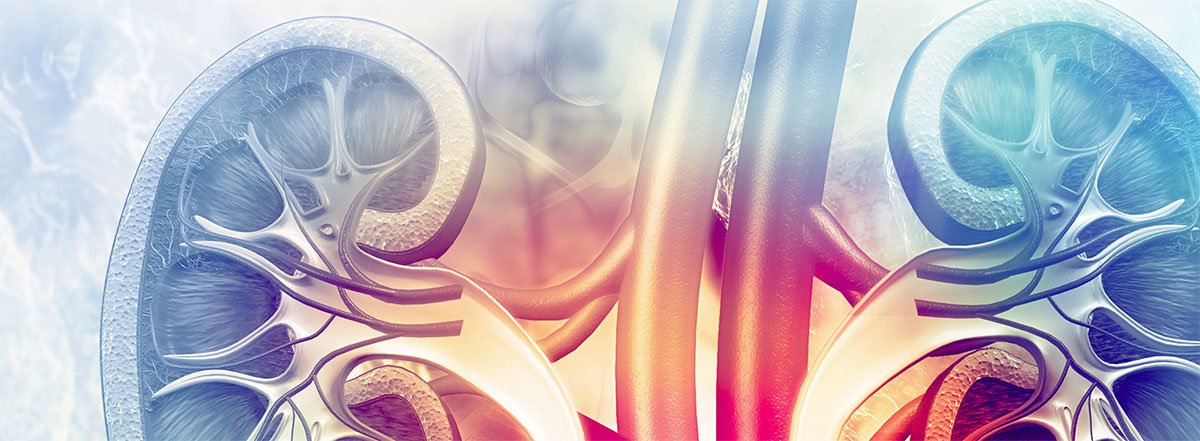Understanding Diabetic Kidney Disease
If you have diabetes, you're at risk of developing problems in other parts of your body- including your kidneys. This is called diabetic kidney disease and affects as many as 1 in 3 people with diabetes. It often starts quietly, without symptoms, but over time, it can lead to serious kidney damage and even kidney failure.
What Do the Kidneys Do?
Your kidneys filter your blood, removing waste and extra fluid. If they don’t work properly, waste builds up in your body and causes health problems.
Early Signs and Testing
Most people with diabetic kidney disease don’t feel sick at first. That’s why it’s important to get regular urine and blood tests. These tests check for a protein called albumin in your urine and help measure how well your kidneys are working.
Who’s at Risk?
Anyone with diabetes can get kidney disease, but your risk is higher if you:
- Have high blood sugar
- Have high blood pressure
- Are overweight
- Smoke
- Have high cholesterol
- Have a family history of kidney disease
- Are African American, Hispanic, or Native American
What Can Happen If It Gets Worse?
If diabetic kidney disease gets worse, you may need dialysis or a kidney transplant. It also raises your risk of heart attacks and heart failure.
How to Protect Your Kidneys
The best ways to slow or prevent kidney damage include:
- Keeping your blood sugar in target range
- Keeping your blood pressure under 130/80
- Eating less salt (under 2 grams a day)
- Quitting smoking
- Losing weight, if needed
- Taking the right medicines
- Your doctor may prescribe medications such as:
- ACE inhibitors or ARBs to protect your kidneys
- SGLT2 inhibitors for people with type 2 diabetes to slow kidney damage
Pregnancy and Kidney Health
If you’re planning a pregnancy, talk to your doctor early—especially if you already have kidney problems. Some medications may not be safe during pregnancy, so your treatment plan may need to change.
The Bottom Line
Managing blood sugar and blood pressure helps protect your kidneys—and lowers your risk for other complications like vision loss, nerve damage, and heart disease. Small steps make a big difference. At Renal Specialists of Houston, we are committed to providing expert care for patients with diabetes and kidney disease. Our team of experts will support you through every stage of your journey, from prevention to detection and management.
When you subscribe to the blog, we will send you an e-mail when there are new updates on the site so you wouldn't miss them.



